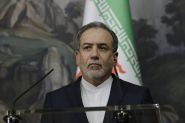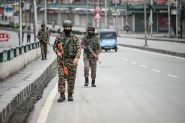Fashion Labels Now Fund Films, Not Just Red Carpets
- 11/05/2025
- 5 comments
- 36
- 125


This is Beirut 11:25

This is Beirut 09:30

This is Beirut 10/05 17:25

Tilda Abou Rizk 10/05 11:00

This is Beirut 10/05 10:40

This is Beirut 18:56

This is Beirut 17:40


This is Beirut 15:20

This is Beirut 14:52
Rayan Chami 16:05
Chelsea Al Arif 15:55
Yara Germany 14:15
This is Beirut 13:55

This is Beirut 10/05 15:45

Christiane Tager 10/05 10:00

This is Beirut 09/05 19:00

This is Beirut 09/05 18:55

This is Beirut 09/05 18:50

Bélinda Ibrahim 17:30

This is Beirut 13:45

This is Beirut 10:30

Bélinda Ibrahim 10/05 17:00

This is Beirut 10/05 10:50

This is Beirut 19:40

This is Beirut 18:00

This is Beirut 13:10

Makram Haddad 09:30

This is Beirut 10/05 20:40

Karl Hajj Moussa 10/05 10:30

This is Beirut 08/05 15:15

Bélinda Ibrahim 07/05 12:00

Makram Haddad 02/05 15:05

Bélinda Ibrahim 30/04 15:00

par Ici Beyrouth, 22:10

par Ici Beyrouth, 21:25

par Ici Beyrouth, 20:05

par Ici Beyrouth, 19:55

par Ici Beyrouth, 19:44